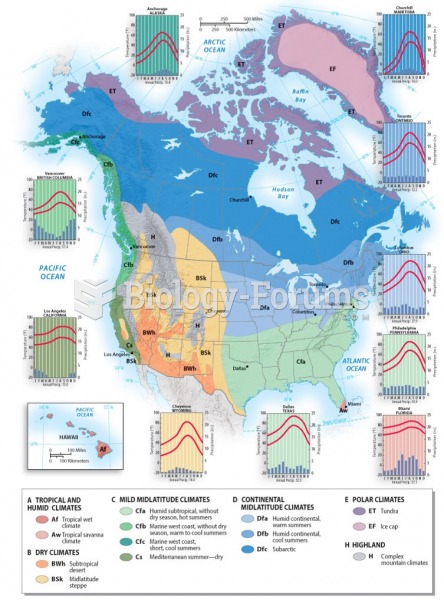Answer to Question 1
Muslim and Arab Americans are politically aware and often active. For those who identify with their homeland, politics may take the form of closely monitoring international events as they affect their home country and perhaps their kinfolk who still live there. Admittedly, because U.S. foreign policy often is tilted against some areas such as Palestine, the concerns that Arab Americans may have about events abroad may not be relieved by statements and actions taken by U.S. government officials. On a different level, Muslims and Arab Americans are increasingly involved in politics in the United States. Certainly the most visible Arab American in politics has been consumer advocate Ralph Nader, who has tried to open up presidential politics to consider a true alternative to the two-party system.
Within the traditional two-party system, Arab and Muslim Americans tend to be socially conservative, favoring school vouchers, are anti-abortion, and are opposed to gay marriage and civil unions. Yet they tend to vote Democrat, who they perceive as being more sensitive to the problems facing Arab and Muslim countries. Muslims in the United States often express the view that their faith encourages political participation. They note that as the Prophet Muhammad lay on his deathbed, he explicitly refused to name a successor to his rule, preferring that the people choose their own leaders. Individual Arabs and Muslims have sought elective office and have been appointed to high-level positions.
Answer to Question 2
TRUE







